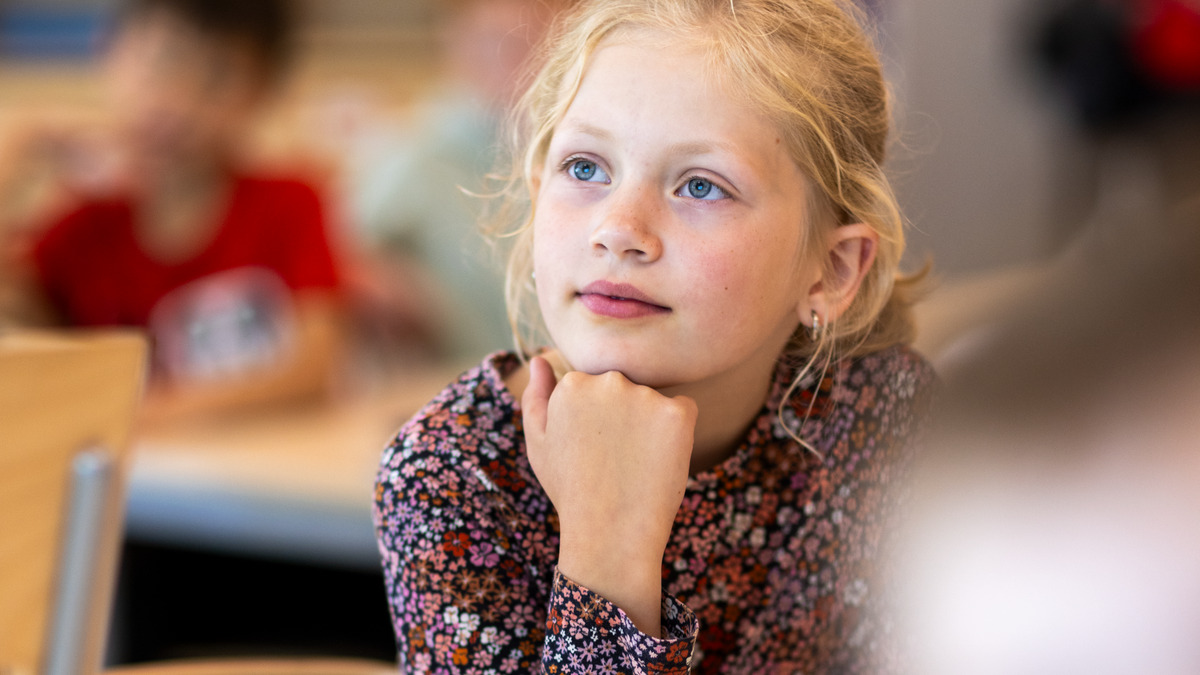
“In 2025, once all of Generation Alpha has been born, they will total more than two billion, the largest generation in history. Today’s technology also makes them the most globally connected generation ever,” Ms Rose Lee explained during an IES 30-year jubilee seminar.
Generation Alpha is the first generation born into the digital world, and social media. They move seamlessly between the physical and digital world, and have never known anything else. For Gen Z, who grew up while social media was being established, it is a tool; for Gen Alpha it is a lifestyle.
“Their constant connectivity with the world through social platforms means they are expected to be social, global and mobile. They want to work, study and journey between different countries and careers. Their openness is affected by the fact that many have parents from different cultures – others live with new partners and in new family constellations. Family, cultural and gender identities are becoming looser,” says Ms Rose Lee.
MORE SCREEN TIME – LESS PHYSICAL ACTIVITY
Increased screen time brings consequences including decreased physical activity and reduced ability to focus and concentrate.
“Today, there is so much that distracts and demands the attention of children, and this affects their ability to centre their attention and to focus deeply when required, which is detrimental to the learning process.
“They have also been shaped during an era of hyper-individualism and adaptation, which affects expectations about both life and school,” says Ms Rose Lee.
THIS PLACES NEW DEMANDS ON SCHOOLS
“Schools and teachers have a vital role to play in nurturing, supporting and developing Generation Alpha. They can help raise the level of physical and mental well-being of this youngest cohort of students. In terms of physical sessions, there are so many things that are only possible through physical connections and interactions. These include socialisation, collaboration, teaching empathy and giving students a deeper understanding of complex inter-personal relationships.”
SCHOOL LIFE IS CRITICAL
Ms Rose Lee explains; to be successful with these citizens of the future, teachers have to interact with the students in ways that respond to the very specific circumstances of this blended physical and digital world. One powerful practice is to use more visual aids – as this generation is extremely visual. Another is for teachers to tailor and customise teaching. For example, certain students may only assimilate knowledge in bite-sized chunks.
“It is absolutely clear that, even for this digitalised generation, schools and teachers constitute an incredibly important part of the lives of Generation Alpha and are critically significant to their future.”
“By learning social skills in a safe and supportive environment, Alpha students have the chance to develop team spirit, build communication skills, formulate and articulate opinions and ideas, and improve personal focus and decision-making. They also get the opportunity to develop physically, emotionally and creatively through increased interplay with others, limited screen time, and regular games, sports and outdoor activities.
“Combined with their digital skills and openness to the world, this gives them a strong deck of cards for the future. Teacher-directed learning has a very important part to play in all of this”, says Ms Rose Lee.
